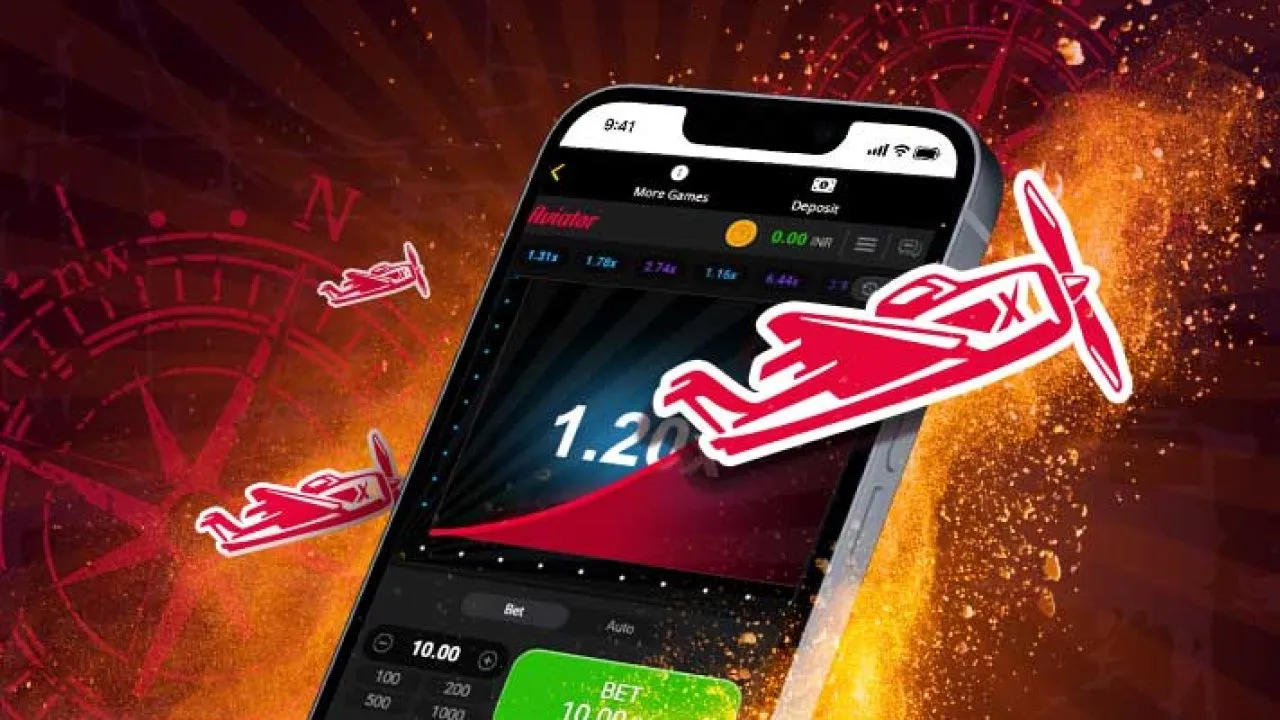In 2025, sports betting exchanges have become a powerful alternative to traditional bookmakers. Platforms like Betfair, 1BitPlay, and Betdaq allow punters to trade bets just like stocks, laying and backing outcomes to profit from market movements before or during a sporting event.
But with this potential comes risk. Unlike fixed-odds betting where your loss is limited to your stake, sports exchange markets expose users to dynamic odds, market fluctuations, and even liabilities much greater than initial investments if not managed properly Risk in Sports Exchange.
This guide explores how to manage risk in sports exchange markets, equipping both novice and experienced traders with strategies to protect capital, reduce volatility, and profit long-term.
🔍 What Is a Sports Exchange Market?
A sports betting exchange is a marketplace where users bet against each other, not against the house. The platform simply acts as a broker, charging a commission on net winnings.
There are two main actions:
- Back Bet: Betting on an outcome to happen (like betting on a team to win).
- Lay Bet: Betting on an outcome not to happen (like betting a team will lose or draw).
Unlike sportsbooks, you can trade in and out of positions at any time, which opens doors to risk mitigation and profit locking — if done right.
⚠️ Common Risks in Sports Exchange Markets
Before exploring how to mitigate risk, it’s important to understand where risk comes from:
1. Market Volatility
Odds change rapidly due to goals, injuries, red cards, or live betting surges. If you’re caught on the wrong side, it can lead to massive losses.
2. Overexposure to Lay Bets
Laying an outcome exposes you to larger liabilities than your stake. If you’re not careful, one bad trade can wipe out your bankroll.
3. Emotional Trading
Panic betting, chasing losses, and overconfidence can all lead to poor risk decisions. Emotional responses kill consistency.
4. Liquidity Problems
In smaller markets or live events, you may struggle to exit trades at fair prices, resulting in slippage or forced losses.
5. Inadequate Bankroll Management
Betting too much per trade relative to your balance increases the chance of ruin, especially during losing streaks.
🧠 10 Proven Strategies to Manage Risk in Sports Exchange Markets
Let’s break down risk management into actionable strategies every bettor and trader should adopt.
1. ✅ Use a Bankroll Management System
Always start with a defined bankroll and use strict staking rules.
- Rule of Thumb: Risk no more than 2–5% of your bankroll on any single trade.
- Divide your bankroll into units and stick to fixed stakes to reduce exposure.
- Use Kelly Criterion or percentage staking to adjust your risk dynamically.
👉 Pro Tip: Keep at least 30-40 units to weather variance. If your strategy can’t survive 10 consecutive losses, it needs recalibration.
2. ✅ Set Stop-Loss and Profit-Lock Points
Just like in stock trading, you must define entry and exit points before placing a trade.
- Stop-Loss: The maximum loss you’re willing to accept (e.g., 15% liability).
- Profit-Lock: Set a profit target to green-up (hedge) and exit a trade.
By placing both stop-loss and take-profit orders, you remove emotion from trading decisions and ensure consistency.
3. ✅ Hedge Your Bets
One of the biggest advantages in exchange markets is the ability to hedge.
Example:
You backed a team at odds of 3.0 with ₹1,000. The odds drop to 2.0. You can lay the same team at 2.0, locking in guaranteed profit regardless of outcome.
Hedging ensures:
- Reduced downside risk
- Secured profit before event ends
- Peace of mind during volatile games
🧮 Use hedge calculators or tools like Betfair’s “Cash Out” option to automate this.
4. ✅ Avoid Over-Laying
While lay bets are powerful, they can backfire.
Why?
If you lay a team at odds of 5.0 for ₹1,000, your liability is ₹4,000.
Risk Management Tip:
- Only lay bets where the liability is under 5–10% of your bankroll
- Always calculate the liability, not just the stake
🛑 Avoid laying underdogs at high odds unless you have strong statistical reasoning and liquidity support.
5. ✅ Trade In-Play With Discipline
In-play markets move extremely fast. A single goal or injury can crash odds in seconds.
Risk Reduction Steps:
- Only trade games you’re watching live
- Don’t chase missed entry points—wait for the next
- Use tools like Flashscore, Sofascore, or BetAngel for real-time stats
⏱️ In 2025, AI tools also help monitor market patterns. Don’t ignore data-driven triggers for safer in-play trades.
6. ✅ Specialize in a Few Markets
Trying to trade every market spreads your attention thin. Focus on 1–2 sports or leagues where:
- You know team/player dynamics
- You can read momentum shifts
- Liquidity is sufficient for your trade size
Most successful traders specialize in EPL, IPL, tennis Grand Slams, or specific cricket series rather than betting on everything.
7. ✅ Track Your Trades with a Risk Journal
Logging your trades can reveal:
- Patterns of emotional trades
- Winning/losing trade setups
- Optimal entry/exit times
Your risk journal should include:
- Date, market, sport, selection
- Entry and exit odds
- Stake and profit/loss
- Notes on why you entered the trade
📊 In 2025, tools like Trademate, Betlogix, or custom Excel trackers make journaling easy. Review weekly to fix leaks.
8. ✅ Use Matched Betting Tactics (Risk-Free Trading)
Matched betting uses bookmaker bonuses and lay bets to extract risk-free profits.
In 2025, smart traders:
- Use lay bets to qualify for free bets on sportsbooks
- Hedge the free bet to lock profit regardless of result
- Recycle profits back into the exchange bankroll
🛡️ While it’s not “trading,” matched betting funds your bankroll and removes early risk when starting out.
9. ✅ Beware of Illiquid Markets
Illiquid or niche markets (like under-21 leagues or small eSports matches) present major risks:
- Slippage: You can’t exit your bet at expected odds
- Price manipulation: A few large bets can swing odds
- Inaccurate reflection of real outcomes
Stick to:
- High liquidity markets (Premier League, Champions League, major cricket events)
- Events with at least ₹10L+ matched volume
10. ✅ Emotion Control Is Risk Management
Risk isn’t just math—it’s mindset. Emotional tilt causes overtrading, revenge betting, and irrational moves.
Strategies to stay composed:
- Take breaks after large losses or wins
- Set daily win/loss limits
- Use “cool-off” tools available on exchanges like 1BitPlay and Betfair
🧘 Consider meditation, journaling, or Discord trading communities for emotional support.
📊 Case Study: Lay Betting Gone Wrong (And How It Could’ve Been Saved)
Scenario:
A user lays India to lose in a T20 match at odds of 3.0 for ₹1,000. India wins comfortably.
Result: Liability = ₹2,000 lost
What went wrong:
- Did not cap the lay bet liability to a safe limit
- Entered a market with low liquidity
- No hedge or exit plan when India started gaining momentum
How it could be managed:
- Limit liability to ₹500 (max 5% of bankroll)
- Hedge mid-match when India looked dominant
- Avoid betting without watching the match live
🎯 Lesson: Always have an escape plan. Lay bets carry real risk if mismanaged.
🏁 Final Thoughts: Master Risk Before You Master Profit
Trading sports markets is not gambling—it’s speculation. But just like stock or crypto trading, your ability to manage risk determines your long-term success.thegamblingworld.com
Key takeaways:
- Bankroll and stake sizing are foundational
- Always know your liability before laying bets
- Exit early to hedge profits or losses
- Specialize, journal, and review every week1bitplay.in
While profits are never guaranteed, risk is always controllable. The best sports exchange traders in 2025 aren’t necessarily the luckiest — they’re the most disciplined.1bitplay.co
🔄 Recap: 10 Tips to Manage Risk in Sports Exchange Markets
| # | Tip | Summary |
|---|---|---|
| 1 | Bankroll Management | Use units, stake ≤ 5% |
| 2 | Stop-Loss | Predefine exit points |
| 3 | Hedge Bets | Lock profits across outcomes |
| 4 | Avoid Over-Laying | Know your liabilities |
| 5 | In-Play Discipline | Only trade what you watch |
| 6 | Specialize | Focus on leagues you know |
| 7 | Risk Journal | Log and review all trades |
| 8 | Matched Betting | Use promos for risk-free returns |
| 9 | Avoid Illiquid Markets | Stick to high-volume events |
| 10 | Emotion Control | Don’t chase or tilt |





